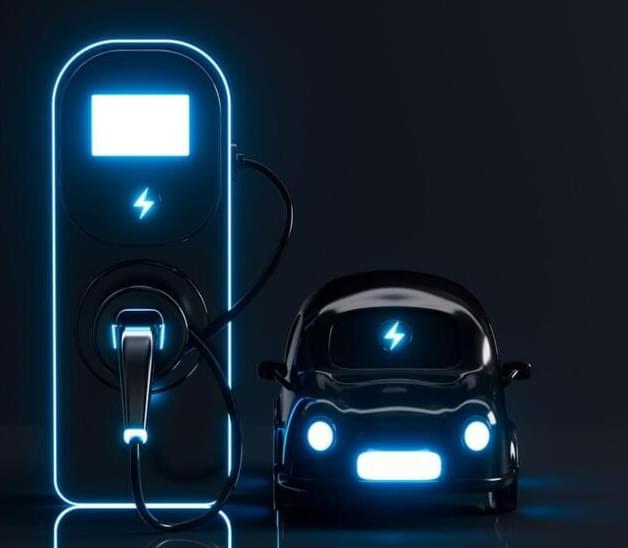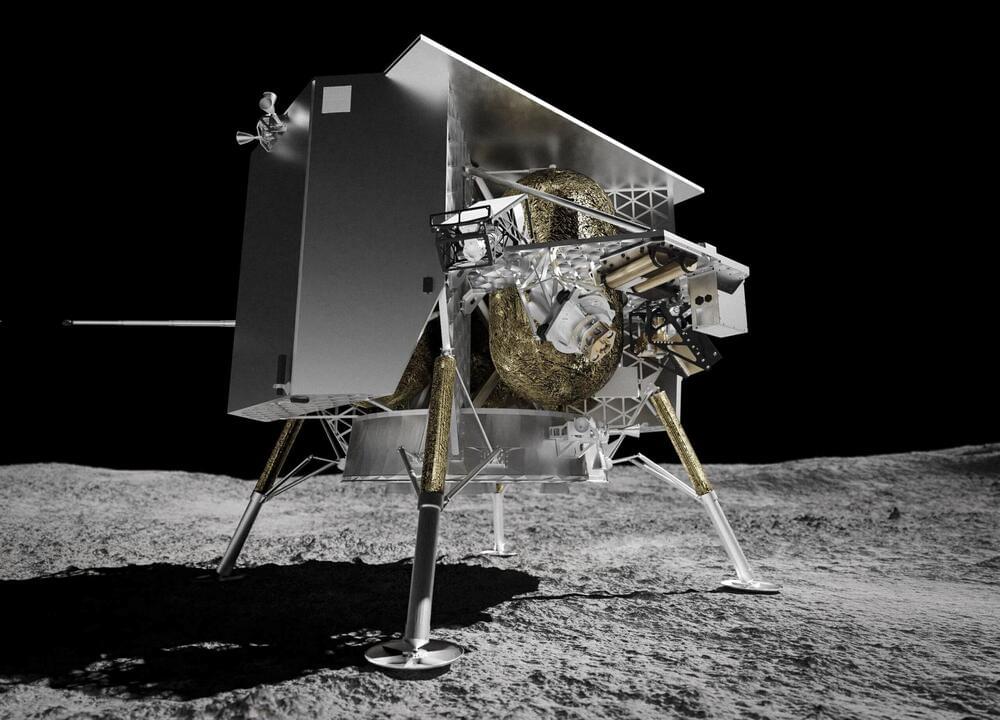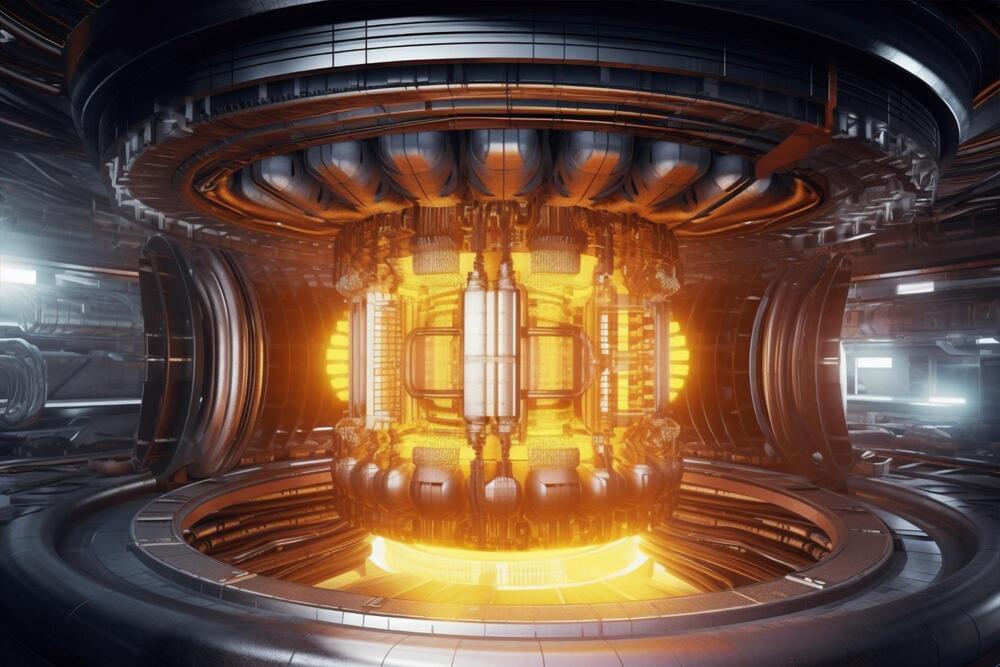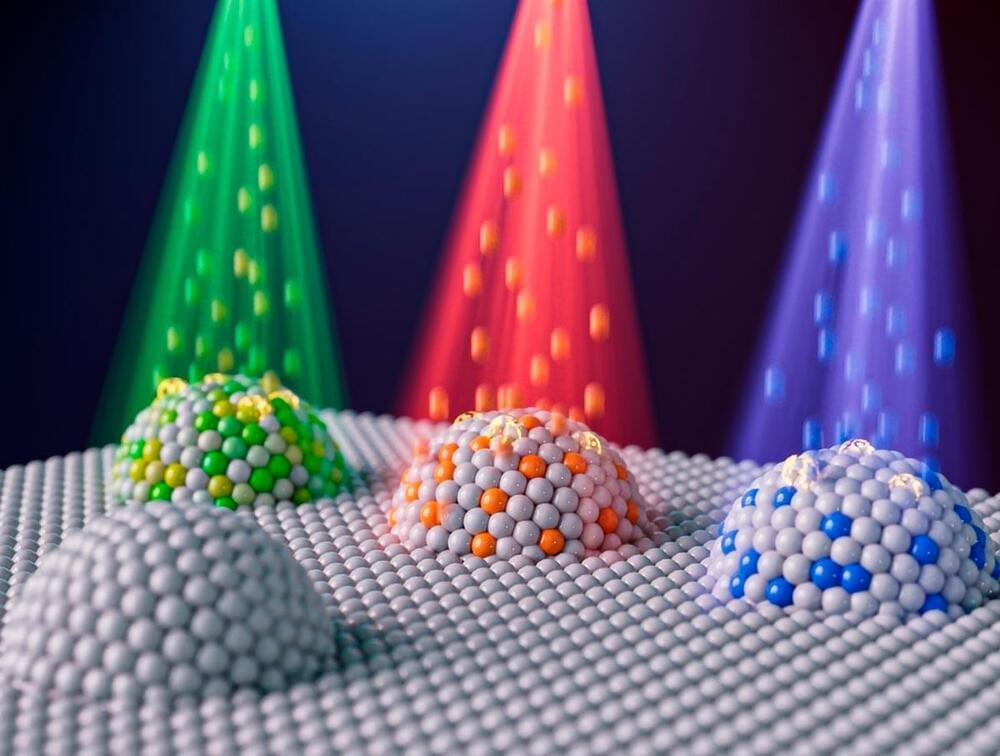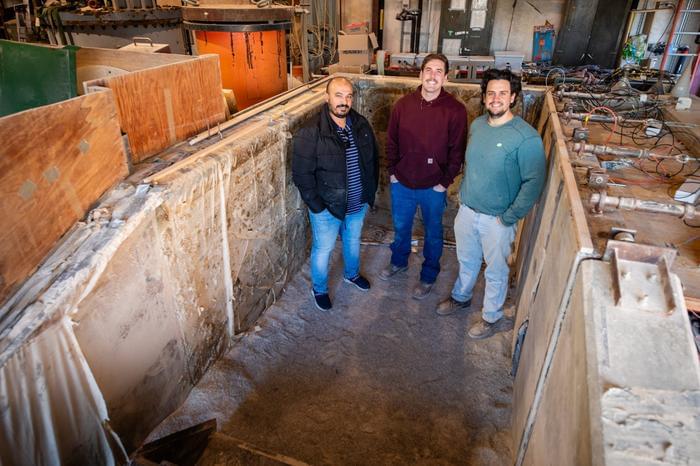
As climate change continues to ravage the planet, coastal cities are at the highest risk due to coastal flooding attributed to sea level rise. According to the National Oceanic and Atmospheric Administration, approximately 127 million people in the United States alone live in coastal counties, or almost 40 percent of the entire population. Therefore, steps to protect coastal communities are of the utmost importance to mitigate the long-term impacts of climate change.
Strengthening coastal defenses from rising seas levels is what a groundbreaking study known as the PIONEER project, which is funded by the Engineering and Physical Sciences Research Council, hopes to address as scientists estimate coastal sea levels in the United States will experience the same sea level rise by 2050 that was experienced between 1920 and 2020, between 0.82 to 0.98 inches (0.25 to 0.30 meters).
“This is an interesting study because it combines, probably for the first time, the interactions for the effect of the water flooding on soils and, subsequently, on shoreline protective structures,” said Dr. Sherif Abdelaziz, who is an associate professor in the Charles E. Via, Jr. Department of Civil and Environmental Engineering, and one of many collaborators on the PIONEER project. “We will be able to assess how all these factors interact together so we can better design our shoreline protective structures to sustain the increasing intensity of waves and floods.”
